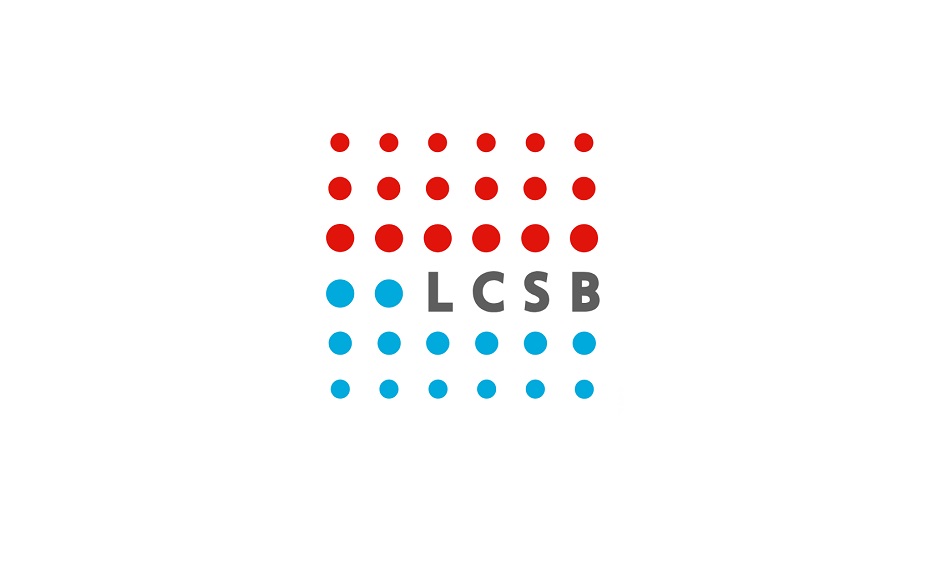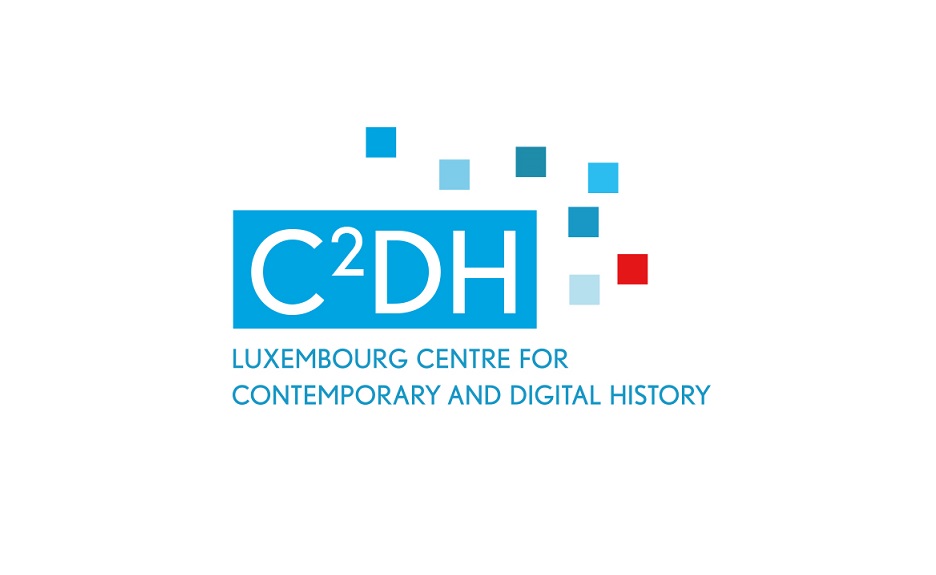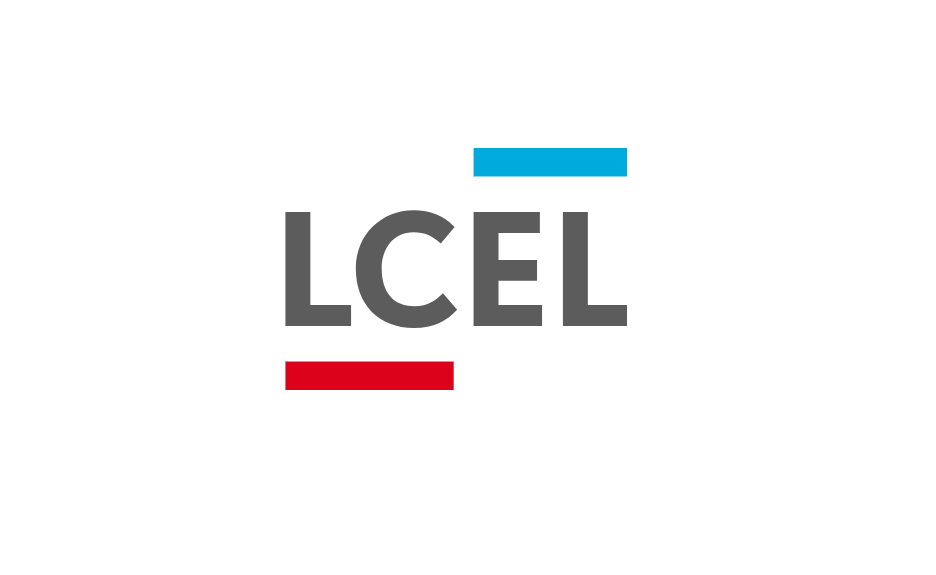Les Centres interdisciplinaires
L’Université du Luxembourg a créé trois centres interdisciplinaires (CI) pour encourager la coopération entre les différentes disciplines académiques et exploiter les avantages de la recherche collaborative. Les CI rallient l’enseignement et la recherche sur des questions transversales dans plusieurs disciplines, en encourageant les approches novatrices et les nouvelles perspectives.
Cette approche interdisciplinaire contribue à accroître la visibilité du Luxembourg en lui conférant une grande crédibilité et une reconnaissance internationale dans le domaine académique. Il favorise les interactions entre le monde académique et l’industrie dans le pays.
Un quatrième centre interdisciplinaire sera lancé dans le domaine des systèmes environnementaux.
Interdisciplinary Centre for Security, Reliability and Trust

Le SnT – Interdisciplinary Centre for Security, Reliability and Trust (Centre interdisciplinaire pour la sécurité, la fiabilité et la confiance) mène des recherches très pertinentes et compétitives au niveau international dans le domaine des technologies de l’information et de la communication (TIC), avec un impact socio-économique significatif. Outre la recherche à long terme et à haut risque, le SnT s’engage dans des projets collaboratifs à la demande de l’industrie et du secteur public.
Luxembourg Centre for Systems Biomedicine

Le LCSB – Luxembourg Centre for Systems Biomedicine (Centre du Luxembourg pour la biomédecine des systèmes) accélère la recherche biomédicale en renforçant le lien entre la biologie des systèmes et la recherche médicale. La collaboration entre biologistes, médecins, informaticiens, physiciens et mathématiciens offre de nouveaux éclairages les systèmes complexes tels que les cellules, les organes et les organismes. Ces connaissances sont essentielles pour comprendre les mécanismes primaires de la pathogenèse des maladies et pour développer de nouveaux outils de diagnostic et de traitement.
Luxembourg Centre for Contemporary and Digital History

Le C2DH – Luxembourg Centre for Contemporary and Digital History (Centre luxembourgeois d’histoire contemporaine et numérique) est composé de chercheurs et d’experts engagés dans la recherche, l’analyse et la promotion de l’histoire contemporaine du Luxembourg et de l’Europe. Le centre interdisciplinaire donne un nouvel élan à la recherche historique au Luxembourg et ouvre la voie à de nouvelles approches méthodologiques et épistémologiques en appliquant les méthodes numériques à la discipline de l’histoire contemporaine.
Luxembourg Centre for European Law

The LCEL – Luxembourg Centre for European Law, formerly the Max Planck Institute for International, European and Regulatory Procedural Law (MPI), was integrated into the University on 1 January 2024. The LCEL’s mission is to combine academic excellence with research with impact, further elevating both the University and the country to the forefront of European legal expertise.